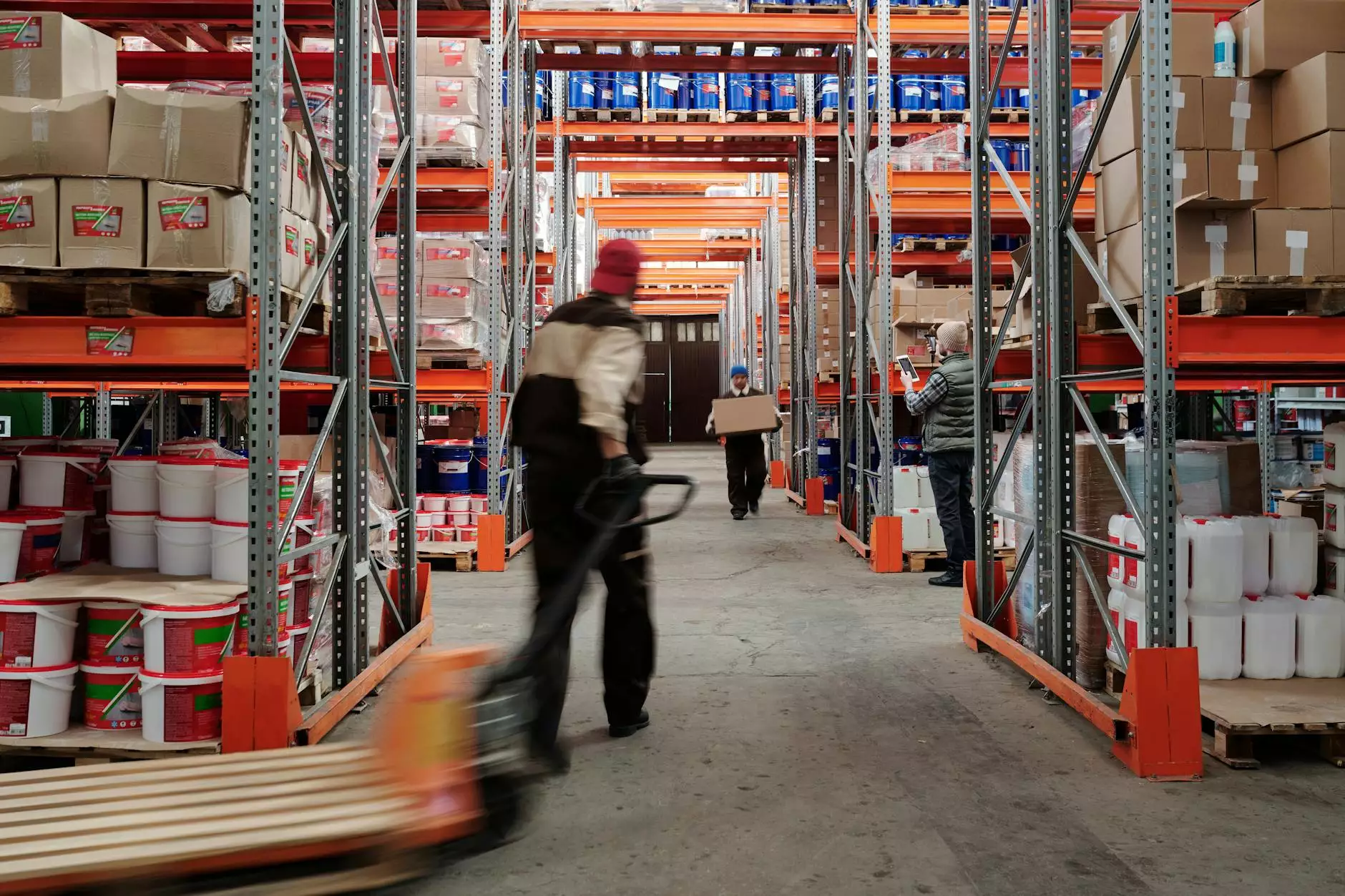The Essential Role of Cement Silos in Modern Construction
When it comes to the construction industry, the efficiency of operations often hinges on the quality of materials and how they are stored. One invaluable piece of equipment that has emerged as a cornerstone in this sector is the cement silo. These structures are not just functional; they are essential for maintaining the integrity of construction projects. This article delves deep into the world of cement silos, exploring their types, benefits, and the technology that enhances their performance.
Understanding Cement Silos
A cement silo is a large storage container primarily used to hold bulk cement for construction projects. Their design and functionality contribute massively to the efficiency of the construction process. Here are some critical aspects to consider:
What is a Cement Silo?
At its core, a cement silo serves as a storage solution for cement. These silos can be made from various materials, including steel, which provides durability and resistance to environmental factors. Cement silos come in various sizes and designs tailored to specific construction needs.
Types of Cement Silos
Cement silos can be categorized into several types based on their construction and intended use:
- Vertical Silos: The most common design, these silos are cylindrical and can store large quantities of cement in a compact footprint.
- Horizontal Silos: These are often used for smaller projects and can be easily relocated as needed.
- Mobile Silos: Designed for flexibility, mobile silos allow construction companies to transport them to different locations, ensuring cement is always available where needed.
The Advantages of Using Cement Silos
Investing in a cement silo comes with several advantages that enhance operational efficiency in a construction project:
Increased Storage Capacity
The primary advantage is the significant storage capacity. Contractors can store vast amounts of cement on-site, reducing the need for frequent deliveries. This capability ensures that projects can move forward without the interruption caused by waiting on supplies.
Improved Quality Control
Using a cement silo helps maintain the quality of the cement. With a controlled environment, the cement is protected from moisture and contaminants, preserving its quality and ensuring the best results in construction.
Cost Efficiency
Storage of cement in a silo can lead to substantial cost savings over time. By buying in bulk and reducing transportation costs associated with multiple deliveries, construction businesses can allocate resources more effectively. This aspect is particularly beneficial to those in budget-sensitive projects.
Enhanced Safety
Safety is a major concern in construction, and having a cement silo contributes to better safety measures. Silos can be designed to minimize hazards associated with dust and spills, creating a safer working environment.
Integration of Technology in Cement Silos
With the advancement of technology, modern cement silos are now equipped with innovative features that enhance functionality:
Automated Loading and Unloading
Today's cement silos often come with automated systems that facilitate the loading and unloading processes. This technology minimizes human error and speeds up operations, leading to an overall increase in productivity.
Weighing Systems
Many cement silos integrate weighing systems that provide real-time data regarding the amount of cement stored. This feature is crucial for project management, as it allows for precise planning and control of materials according to project needs.
Remote Monitoring
The ability to monitor silo conditions remotely has become invaluable. Site managers can oversee the entire operation and receive alerts regarding any discrepancies in storage levels, enhancing operational efficiency.
Choosing the Right Cement Silo for Your Business
With various types of silos available, selecting the right one is critical for optimal performance. Here are some key considerations:
- Project Size: Determine the amount of cement needed for your projects to choose a silo that can accommodate those needs.
- Mobility Needs: If your projects span multiple locations, consider investing in a mobile silo.
- Budget: Assess your financial resources to decide on either a purchase or rental option.
- Customization: Look for silos that can be tailored to meet specific operational requirements.
Maintenance and Care of Cement Silos
Proper maintenance is crucial to ensure the longevity and efficiency of a cement silo. Regular inspections and maintenance practices should be implemented, including:
Regular Cleaning
To avoid contamination, silos should be cleaned regularly. This task helps in maintaining quality and ensuring that the cement remains free from moisture and other contaminants.
Inspection for Wear and Tear
Regularly inspect the silo for any signs of structural damage or wear. Addressing any issues promptly can prevent larger problems down the line.
Calibration of Weighing Systems
Ensure that any integrated weights or measurement systems are calibrated regularly. Accurate measurements are vital for effective project management.
Conclusion: The Future of Cement Silos in Construction
As the construction industry evolves, the role of the cement silo will likely become even more integral. Innovations in technology will continue to enhance their efficiency and effectiveness, making them an essential asset for any construction business. Investing in the right silo not only streamlines operations but also contributes to the overall success of projects.
For businesses looking to elevate their construction game, Polygon Machinery offers a range of top-of-the-line cement silos that cater to diverse needs in the construction sector. Whether you're a large contractor or a small business, having the right equipment is key to ensuring quality, efficiency, and safety in your projects. Explore the possibilities with our advanced cement silos and stay ahead in the competitive construction landscape.






